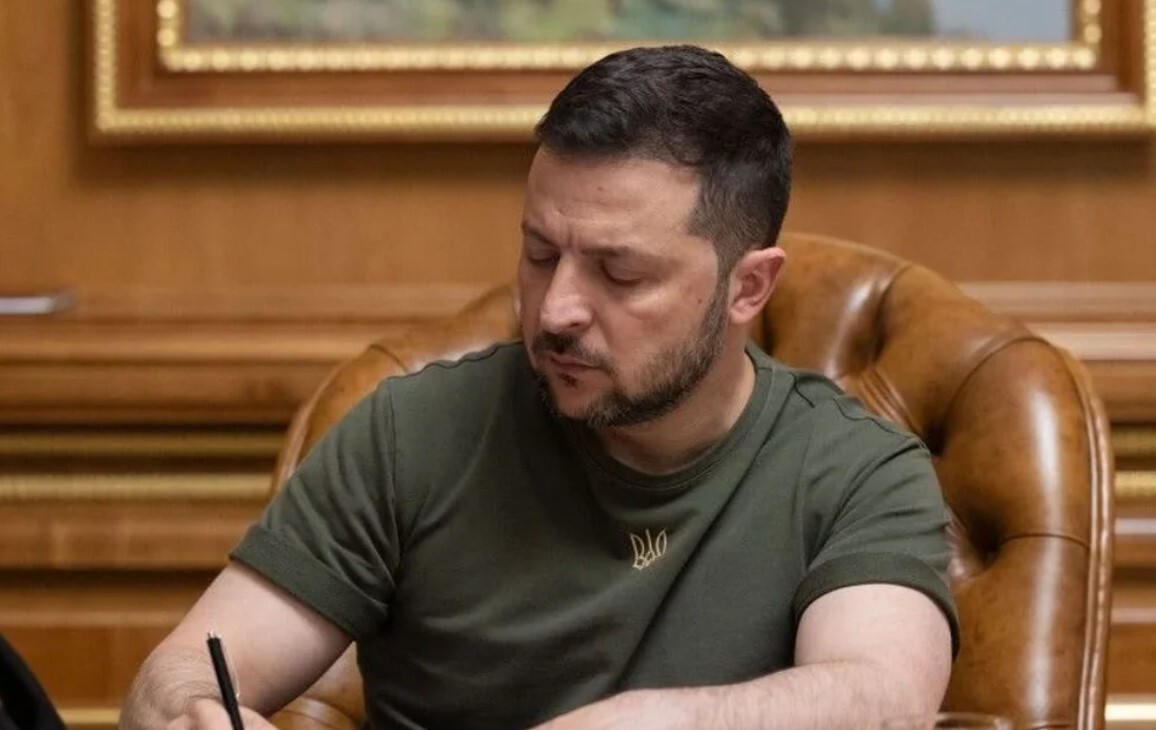Ukrainian President Volodymyr Zelenskyy has signed into law a bill that legalizes ownership of unlawfully alienated property a wave of public and legal opposition. The decision, which came on April 7th with the signing of Bill No. 12089, has sparked widespread concerns at large.
The law stipulates that if a person acquires property from someone who did not have the right to sell it—and if the buyer was unaware of the illegality and could not have reasonably known—then the property cannot be reclaimed by the state or a territorial community after ten years from the date of registration of ownership. This clause has raised alarms about the potential retroactive legalization of questionable real estate deals, particularly in urban development hotspots.
While the legislation includes some exceptions—such as properties that are part of Ukraine’s , or nature reserves—many argue that the law still opens the door to large-scale abuses. Environmental groups have warned of risks to forests, water bodies, and coastal zones. Others have pointed to the potential for legalizing shady land transactions that have plagued Ukraine’s real estate market for decades.
President Zelenskyy’s signature on the bill came in defiance of public sentiment. Multiple petitions were submitted to the Office of the President urging him to veto the law, including one that received over 25,000 signatures, the threshold required for an official response. No such response has been issued to date.
Zelenskyy’s move appears to reflect a balancing act between legal reform and economic pragmatism. Supporters of the law argue it provides clarity and stability to property rights, shielding innocent buyers from the consequences of fraudulent past transactions. Moreover, it outlines a compensation mechanism where courts, before transferring property back to the state, must ensure fair restitution to the current owner.
However, critics say the law disproportionately favors developers and may erode public trust in Ukraine’s commitment to transparency and land reform. The had earlier flagged concerns that the bill offers selective protection, potentially undermining the rights of the broader public and enabling misuse by foreign aggressors to stall the return of illegally occupied assets.
As legal challenges loom, civil society organizations such as “Spadshchyna” (Heritage) have already called for collective legal action to revoke the law. Whether this latest controversy will mark a critical turning point in Ukraine’s struggle for legal integrity—or yet another chapter in its turbulent land politics—remains to be seen.
President Zelenskyy, a wartime leader often praised for his resolve, now finds himself navigating a different kind of battlefield: the contested terrain of property rights, civic pressure, and legislative ethics.

